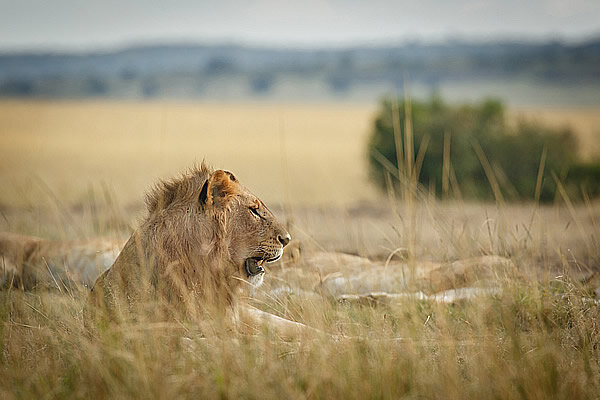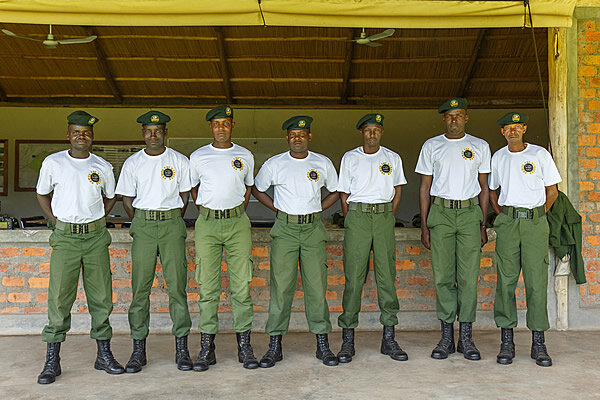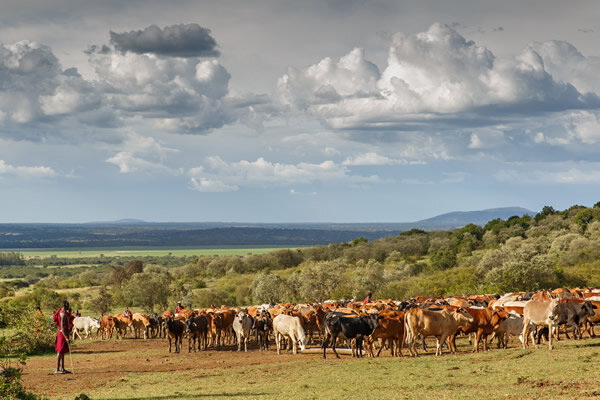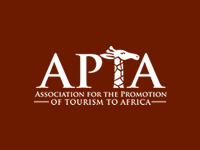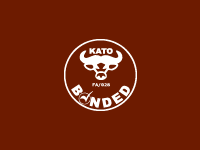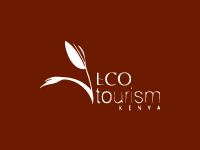Conservation
Guests staying at Amani House support the protection and conservation of the wildlife habitats within Enonkishu, Lemek and Ol Chorro by paying a daily conservation fee. Guests are able to traverse through the three conservancies on their game drives and also able to visit the Enonkishu head quarters and the Mara Elephant Project to learn more about the conservation projects going on in the region.
The Enonkishu Conservancy, works with 50 Maasai families to protect the surrounding wildlife grazing areas so the community can earn revenue from guests as well as from their cattle, in a holistic grazing plan, where wildlife and cattle can thrive together.
With the creation of the Enonkishu Conservancy and the Mara Training Centre, money is raised through conservation fees and other community-based enterprises, to support sustainable rangeland management that allows space and resources for the people, cattle and wildlife. Enonkishu has been selected as a conservation partner with WWF, UNESCO and IHE as the pilot scheme in their regenerative rangelands project.
The award winning Enonkishu Conservancy has a large density and variety of game and has become a world class conservation area, where animals migrate freely between the neighbouring conservancies. There is a resident pride of lion, plenty of leopard and elephant take refuge in the shade of the forests and browse on the branches of the trees on the Kileleoni Hill. Night drives are offered and honey badgers, porcupines and aardvarks can often be seen.
Conservation fees are distributed to the landowning community that allows guests to traverse through Enonkishu, Lemek and Ol Chorro Oiruwa Conservancies, offering some spectacular landscapes and wildlife viewing.
Enonkishu Conservancy (Maa for place of healthy cattle) is a member of the Global Savory Hub Network, which is run under Holistic Management, enhancing environment, communities and revenues for the pastoralists and landowners in the region.
Read more about conservation efforts in Futures in the Wild and The Long Run.
Downloads
“The grass cover on both Naretoi and Enonkishu went up from 20 per cent to 70 per cent in a couple of years, bringing in a whole load of different species, from butterflies to birds, even a pride of lions,
which shows how resilient nature can be.”









